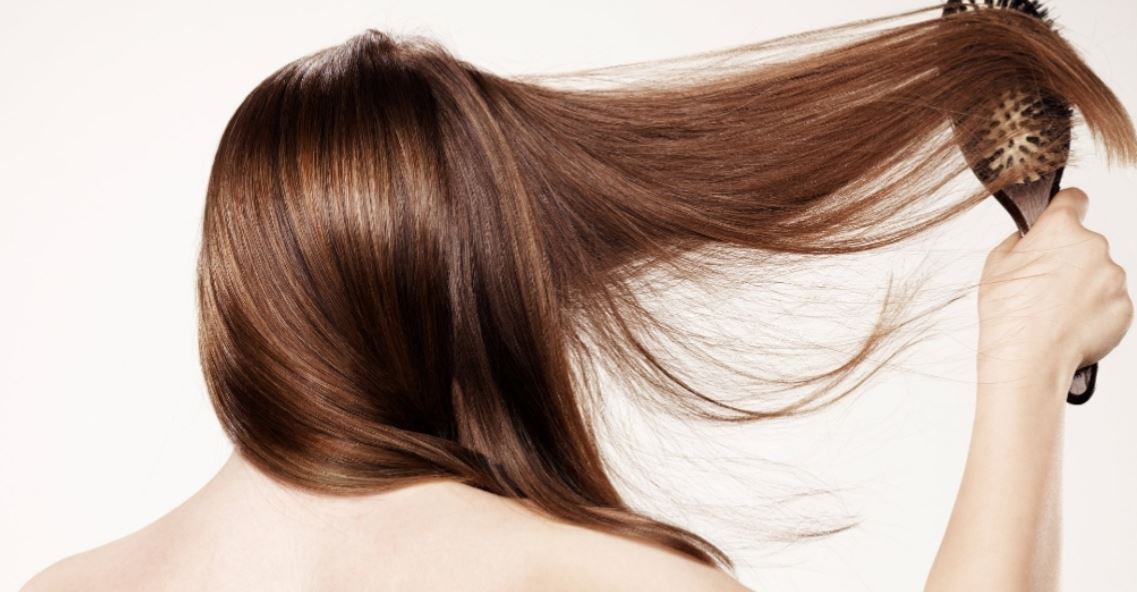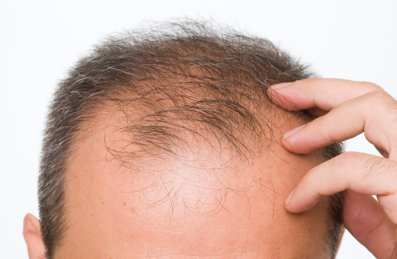Hair Loss From Vitamin Deficiency
Hair Loss From Vitamin Deficiency - Hair loss is a common issue that affects millions of people around the world, and one of the most common causes of hair loss is vitamin deficiency. If you are experiencing hair loss, you may be wondering what vitamins you might be missing from your diet.
The Importance of Vitamin D for Hair Growth
What is Vitamin D?
Vitamin D is a fat-soluble vitamin that plays a crucial role in our overall health by helping to regulate calcium and phosphorus levels in the body, which are essential for strong bones, teeth, and muscles. But did you know that vitamin D is also critical for healthy hair growth?

Vitamin D Deficiency and Hair Loss
Vitamin D plays a crucial role in hair growth, and a deficiency in this essential nutrient can lead to hair loss, thinning hair, and even balding. Studies have shown that low levels of vitamin D are strongly associated with hair loss in both men and women. But how does vitamin D impact hair growth?
Vitamin D is essential for the hair growth cycle, as it helps to regulate the growth and proliferation of hair follicles. Without adequate levels of vitamin D, hair follicles can become dormant or die, leading to hair loss and thinning hair. Vitamin D also plays a role in the production of keratin, a protein that makes up the structure of hair, skin, and nails.
Tips for Getting More Vitamin D

If you suspect that you are deficient in vitamin D and are experiencing hair loss, you may want to consider increasing your intake of this essential nutrient. Here are some tips for getting more vitamin D:
- Eat foods rich in vitamin D, such as fatty fish (salmon, tuna, and mackerel), egg yolks, and fortified foods (milk, orange juice, and cereals).
- Get some sun exposure (but be sure to use sunscreen to protect your skin from damage).
- Talk to your doctor about taking a vitamin D supplement.
Other Vitamins for Healthy Hair
B Vitamins
B vitamins, including biotin, niacin, and cobalamin (B12), are essential for healthy hair growth. Biotin, also known as vitamin B7, is particularly important for hair, as it plays a key role in the production of keratin, the protein that makes up the structure of hair. B vitamins also help to promote healthy circulation, which is critical for delivering nutrients and oxygen to the scalp.
Vitamin A
Vitamin A is another essential nutrient for healthy hair growth, as it helps to produce sebum, a natural oil that moisturizes and protects the scalp and hair from damage. However, too much vitamin A can be toxic, so it's important to talk to your doctor before taking any supplements.
Vitamin E
Vitamin E is a powerful antioxidant that helps to protect the hair from damage and promote healthy hair growth. It also helps to improve circulation, which is essential for delivering nutrients to the hair follicles.
How to Get More Vitamins for Healthy Hair

If you are interested in promoting healthy hair growth through nutrition, here are some tips for getting more of these essential vitamins in your diet:
- Eat a variety of nutrient-dense foods, including fruits, vegetables, whole grains, lean proteins, and healthy fats.
- Choose foods that are rich in the vitamins and minerals essential for healthy hair growth, such as the B vitamins, vitamin A, vitamin E, iron, and zinc.
- Consider taking a high-quality multivitamin or hair growth supplement that contains these essential nutrients.
The Bottom Line
Preventing Hair Loss Through Nutrition

Vitamin deficiency is a common cause of hair loss, and many people may be missing key nutrients in their diet that are critical for healthy hair growth. By incorporating more foods rich in these essential vitamins and minerals, you can help to prevent hair loss and promote healthy hair growth. If you are concerned about hair loss, talk to your doctor or a dermatologist about your treatment options.
Find more articles about Hair Loss From Vitamin Deficiency
Post a Comment for "Hair Loss From Vitamin Deficiency"